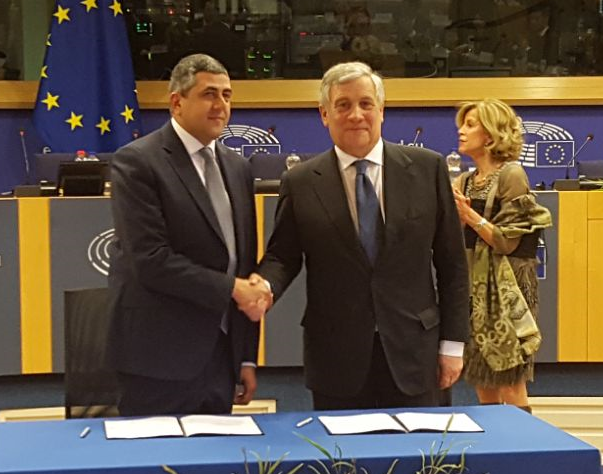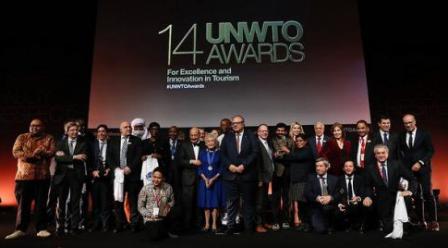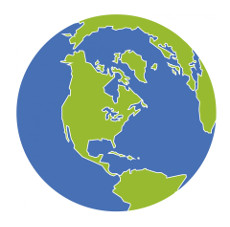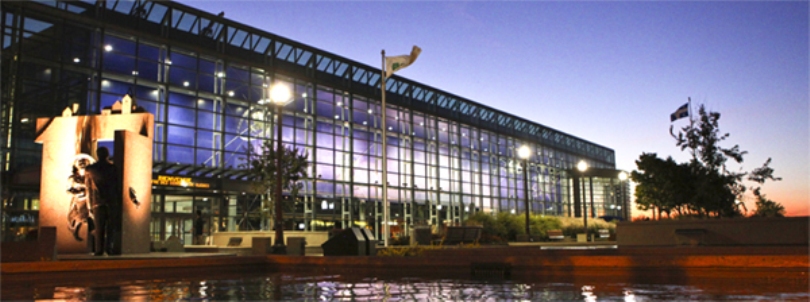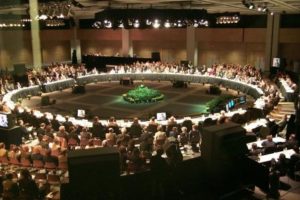C’est la promotion du tourisme durable dans toute l’Europe qui constitue l’élément central d’un accord signé le 28 février 2018, à Bruxelles, entre l’Organisation mondiale du tourisme (OMT) et le Parlement européen, donc au nom de l’Union européenne.
L’OMT et le Parlement européen s’emploieront à promouvoir les bonnes pratiques et l’échange de savoir et d’expériences sur le terrain. L’accord intervient dans le contexte de la célébration de l’Année européenne du patrimoine culturel, en 2018, et offre la possibilité de souligner l’importance du tourisme culturel, lequel représente, à l’évidence, un remarquable atout touristique des pays de l’Union européenne.
Au cours de sa visite officielle à Bruxelles, le secrétaire général de l’OMT, Zurab Pololikashvili, a aussi rencontré les représentants du Manifeste européen du tourisme.
Dans ces prises de parole, il a insisté sur la nécessité de « renforcer l’intégration, la connectivité et la technologie pour maximiser la contribution du tourisme à la création d’emplois et à la croissance dans l’Union européenne ».
2018 : ANNÉE DU TOURISME UE-CHINE
Et lors de la Journée parlementaire de célébration de l’Année du tourisme UE-Chine, M. Pololikashvili a déclaré que : « Cette année est l’occasion de faire de l’Europe la destination mondiale de premier choix pour les touristes chinois et de favoriser, grâce au tourisme, une meilleure compréhension entre l’Europe et la Chine ».
Selon la Commission européenne du tourisme, les touristes chinois ont été 12,4 millions à visiter l’Union européenne en 2017. Compte tenu de ces chiffres – plus d’un million de touristes chinois par mois en moyenne – et des perspectives de croissance, le poids du tourisme chinois dans l’UE est un facteur important pour le développement du tourisme en Europe et les relations bilatérales avec la Chine.
EUROPE : 1e DESTINATION MONDIALE
Première destination touristique au monde, l’Europe reçoit la moitié du total mondial des arrivées internationales (avec 1,3 milliard de voyageurs). En 2017, le tourisme international en Europe a connu une croissance de 8%, ce qui est un point de pourcentage de plus que la moyenne mondiale. La destination Europe a ainsi pu atteindre un total de 671 millions de touristes.
« Au cours des 10 prochaines années, le tourisme peut créer plus de 5 millions de nouveaux emplois, notamment parce que le nombre de touristes devrait doubler pour atteindre plus de 2 milliards. L’Europe ne doit pas laisser passer cette opportunité. Grâce à la croissance du tourisme, nous pouvons offrir de réelles perspectives aux nouvelles générations et dynamiser les secteurs stratégiques de l’économie tels que le transport, le commerce, le luxe, la construction navale, la construction, l’agroalimentaire et les industries culturelles et créatives », a pour sa part déclaré le président du Parlement européen, Antonio Tajani.
——————–
Liens :
Tendances du tourisme à court terme dans l’Union européenne, février 2018
Programme régional de l’OMT pour l’Europe
***
Vous aimez cet article! Faites une DONATION à la rédaction du cyberjournal par un clic au bas de la colonne de droite de cette page... MERCI
